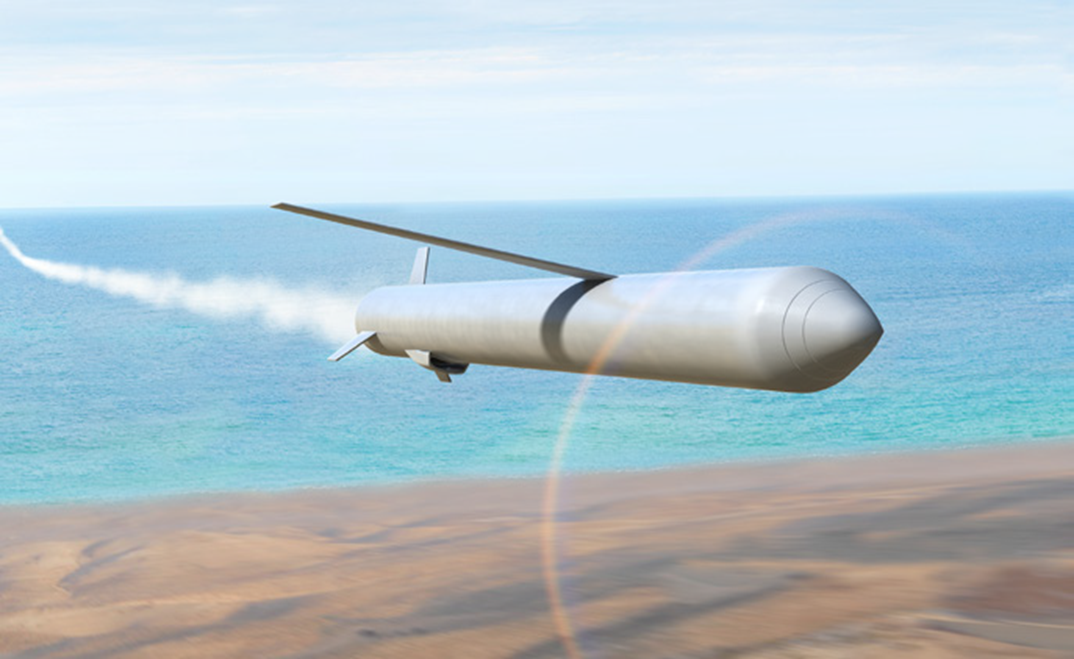The Senate challenged the right to shoot down vessels that threaten critical infrastructure in the energy sector, if there are people on board who do not want to carry out an attack. The Sejm voted to change the law to strengthen the protection of such infrastructure and rejected the amendment of the Upper House on this issue.
At the 78th meeting, the Sejm got acquainted with the resolution of the Senate on the Law Amending the Law on the Protection of Shipping and Seaports and Some Other Laws. The law covers maritime energy infrastructure, the Baltic Pipe Gas Pipeline, the LNG import terminal in Świnoujście, other energy system installations and wind farms.
According to the law, all critical energy infrastructure facilities are to be protected especially from terrorist attacks. The law obliges the Armed Forces of the Republic of Poland and the Border Guard of the Republic of Poland to neutralize terrorist threats directed against all elements of critical energy infrastructure in the Polish economic zone. The Sejm passed the bill at the 76th sitting on 26 May 2023.
The bill was passed to the Senate on June 1, 2023. The next day, the Marshal of the Senate sent the bill to the Senate Committee on National Defense, and on June 5, 2023-to the Senate Committee on Human Rights, Rule of Law and Petitions. The Senate, on the basis of the work of both committees and after considering the adopted law in the plenary debate, proposed amendments, the first of which is of a fundamental and substantive nature.
In the assessment of the Senate, there are grounds to conclude that the provisions, including art. 27 points 1 and 7of the Law Amending the Law on the Protection of Shipping, are not consistent with the principles of democratic rule of law. Nor are they compatible with the constitutional powers of the Minister of National Defence for whom they will grant the power to decide about sinking a ship or a floating vessel used as a means of a terrorist attack if there are passengers on board and other persons who do not intend to use this ship or floating vessel as a means of attack.
According to the Act, it is about an attack and prevention, reduction or removal of a serious and immediate danger to:
1) ships, port facilities and ports and related infrastructure,
2) the Baltic Gas Pipeline together with the infrastructure necessary for its operation in the maritime areas of the Republic of Poland;,
3) facilities, equipment and installations forming part of the infrastructure providing access to ports of fundamental importance for the national economy,
4) artificial islands used in the Polish EEZ, all kinds of structures and devices used for the exploration or exploitation of resources and projects in the field of economic research and exploitation of the EEZ. In particular offshore wind farms and undersea electricity and fibre optic cables, pipelines and related infrastructure,
5) the liquefied natural gas regasification terminal in Świnoujście (as a result of the use of a ship or floating vessel as a means of a terrorist attack).
The Sejm National Defense Committee, after considering the Senate resolution, proposed that the Sejm adopt all amendments. Including the first amendment, relating to the elimination of articles introducing into Polish legislation the legalization in extreme situations of such decisions of state bodies that may result in the death of persons not participating in a terrorist act.
The first Senate amendment was rejected. 233 deputies from Law and Justice, Kukiz’15 and 1 independent voted against it. Against rejecting the amendment were 214 deputies from the Civic Coalition, the Left, the Polish Coalition, the Confederation, Poland50, the Agreement, the Democratic Left and the Libertarians. The remaining amendments of the Senate were of an editorial or specific nature and were adopted unanimously.
Teresa Wójcik









